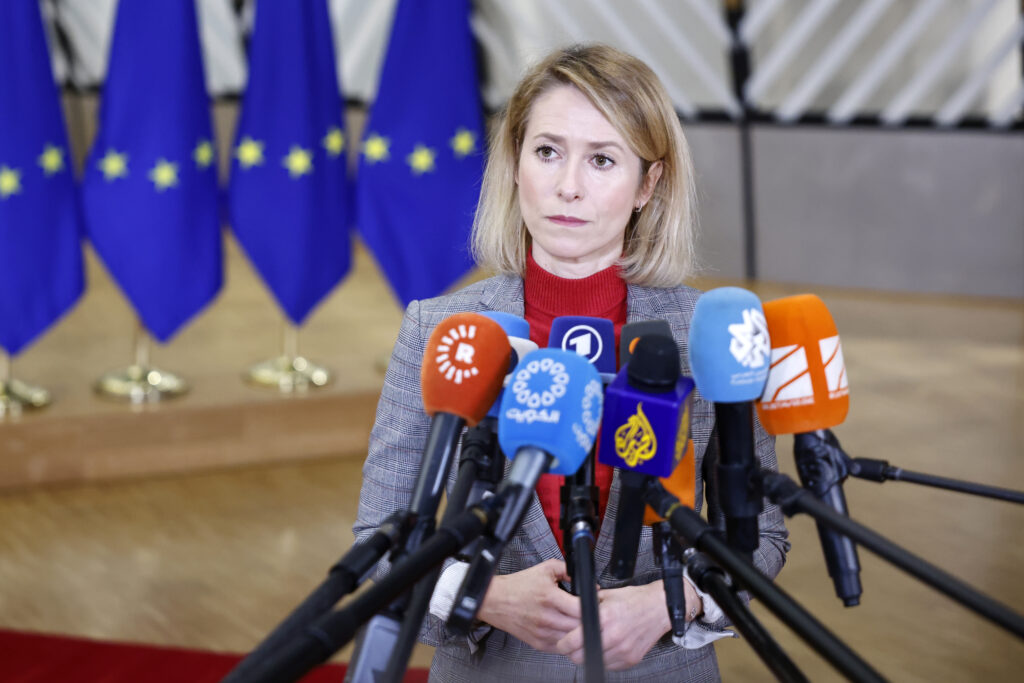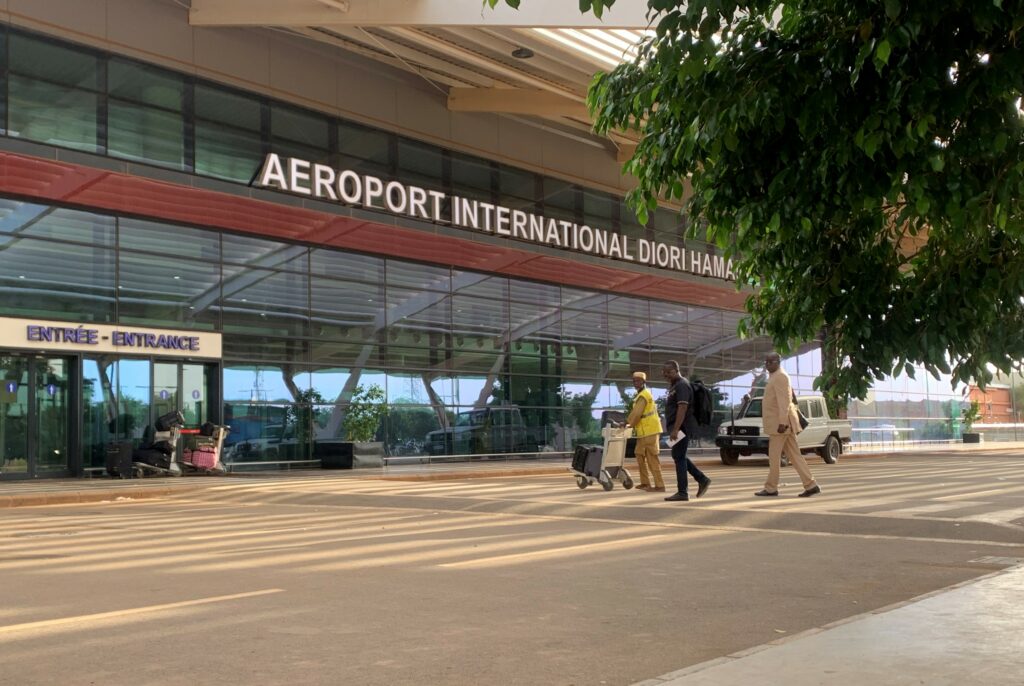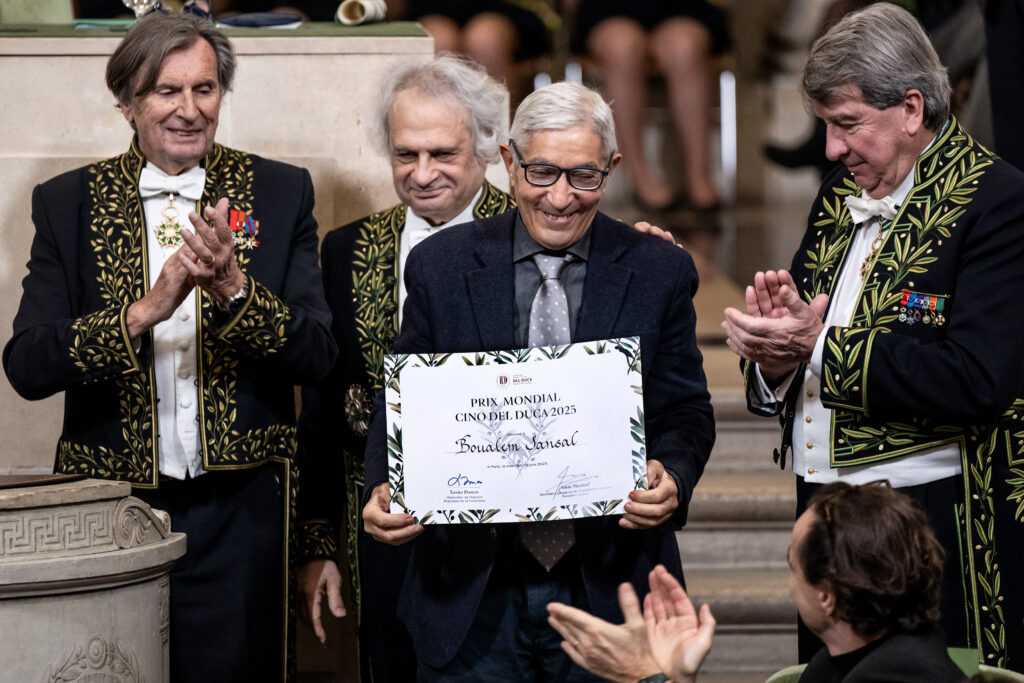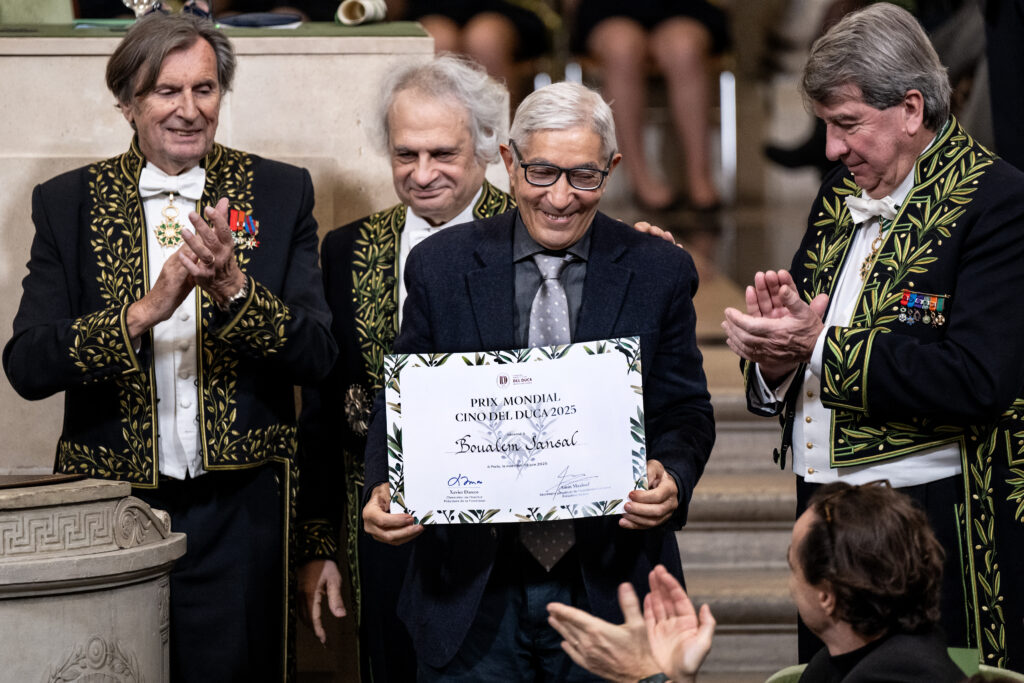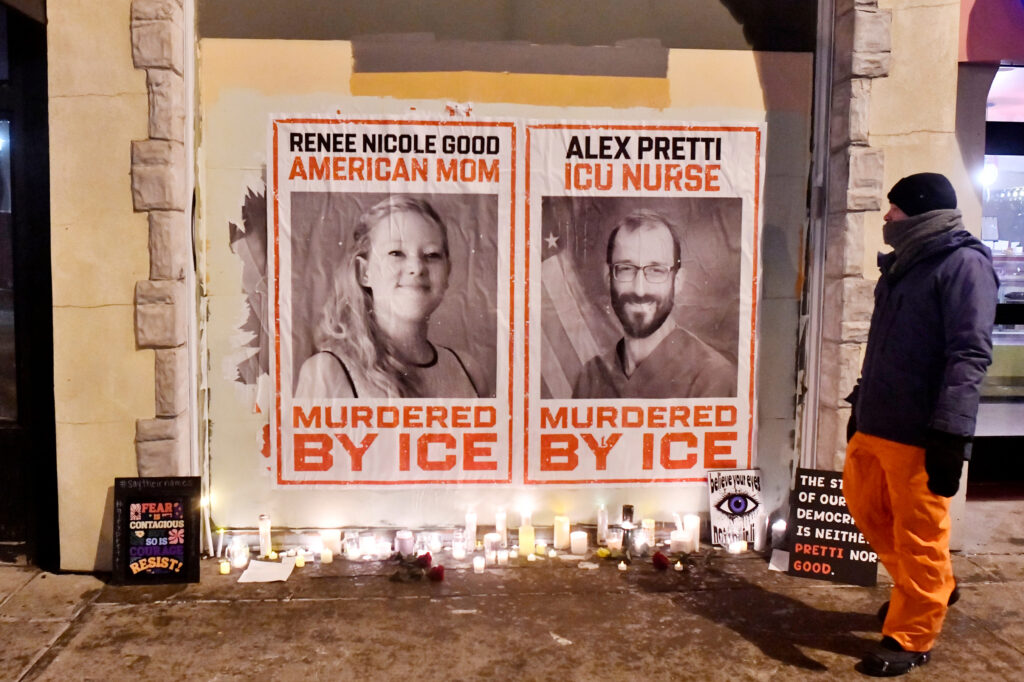Une hausse du chômage en signe d’un retournement de tendance au-delà de changements de paramètres: le nombre de demandeurs d’emploi sans aucune activité inscrits à France Travail a augmenté de 2,6% au quatrième trimestre 2025 par rapport au troisième et de 6,8% sur un an.Ces chiffres (France hors Mayotte) tiennent compte de l’inscription, depuis début 2025, de tous les allocataires du RSA et des jeunes en parcours d’insertion à France Travail, un chamboulement majeur pour les chiffres de l’institution, ainsi que d’un nouveau régime de sanctions entré en vigueur au 1er juin.Sans ces modifications, la hausse du nombre de chômeurs aurait été limitée à 2% sur le quatrième trimestre et à 1,7% sur l’année.Ces chiffres “présentent une hausse modérée du nombre de demandeurs d’emplois” a réagi le ministre du Travail Jean-Pierre Farandou sur X. Sans “les changements de règles administratives” qui ont élargi le périmètre des personnes inscrites et réduit les radiations automatiques, “les estimations indiquent un ralentissement modéré du marché du travail, sans rupture brutale”, ajoute le ministre. Il souligne aussi que le taux d’emploi se maintient parallèlement “à un niveau historiquement élevé”. Le directeur du département Analyse et Prévision de l’OFCE, Eric Heyer relève en revanche “une forte dégradation au quatrième trimestre”, qui “n’est pas liée à la loi plein emploi” mais “à une dégradation du marché du travail”.”Globalement, il y avait une baisse du nombre de demandeurs d’emploi continue de 2015 jusqu’à 2022, puis de 2022 à mi-2024, cela s’est stabilisé et depuis le troisième trimestre 2024, il y a un retournement”, résume l’économiste. “Ce sont essentiellement les demandeurs d’emploi de longue durée qui augmentent, ce qui laisse entendre que plus longtemps vous restez demandeur d’emploi, plus il vous est difficile de retourner sur le marché du travail”, pointe-t-il parmi les signaux “alarmants”.- “Incertitude” -“On voit une dégradation qui n’est pas surprenante”, analyse Nathalie Chusseau, économiste à l’université de Lille. Avec comme explications “l’incertitude politique nationale et le contexte géopolitique et commercial international qui obèrent les investissements et un taux de faillites d’entreprises record depuis trois ans”.Le nombre de demandeurs d’emploi sans aucune activité a atteint en moyenne sur le trimestre 3,35 millions.En tenant compte des chômeurs exerçant une activité partielle (catégories A, B et C), la hausse s’élève à 1% sur le trimestre et 4,8% sur l’année. Hors nouveaux publics (bénéficiaires du RSA et jeunes en parcours d’insertion) et corrigés des effets du nouveau régime de sanctions, ce nombre de demandeurs d’emploi aurait toutefois été stable au quatrième trimestre et en hausse de 1,6% sur l’année.Le département des études du ministère du Travail (Dares) précise que les sanctions, qui prennent désormais souvent la forme d’une “suspension-remobilisation”, entraînent des retenues financières mais plus une radiation, d’où “une baisse des radiations”.En prenant en compte les nouveaux publics et le nouveau barème de sanctions, le chômage des jeunes a explosé en 2025, avec une hausse de 23,6% en catégorie A, mais l’augmentation s’est ralentie en fin d’année, à 1,7% sur le seul quatrième trimestre. Le nombre d’inscrits placés provisoirement dans la catégorie G, en attente de leur entretien d’orientation, ne se résorbe que lentement, avec encore 812.100 personnes concernées au quatrième trimestre.Lors de sa campagne en 2022, Emmanuel Macron avait mis en avant l’objectif de plein emploi en 2027, avec un taux de chômage autour de 5%. Un objectif qui s’éloigne, avec un taux de 7,7% au troisième trimestre. Alors que les partenaires sociaux viennent d’entamer une négociation, à la demande du gouvernement, pour chercher 400 millions d’économies sur l’indemnisation des salariés ayant conclu une rupture conventionnelle, la CGT a averti jeudi que “réduire les droits à l’assurance chômage ne (créerait) pas d’emplois”.Côté patronat, la CPME a vu dans la hausse du chômage la conséquence de “la fin de la politique de l’offre, concomitante aux incertitudes politiques et géopolitiques”.
